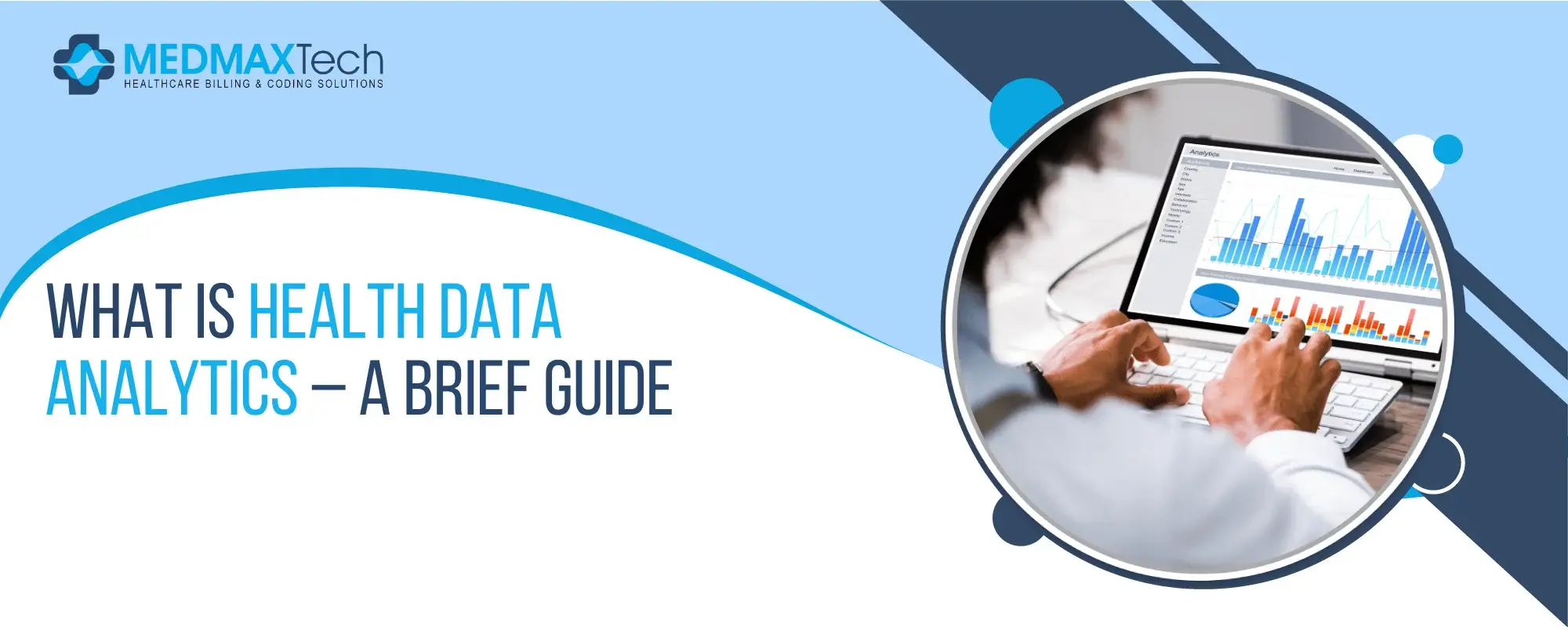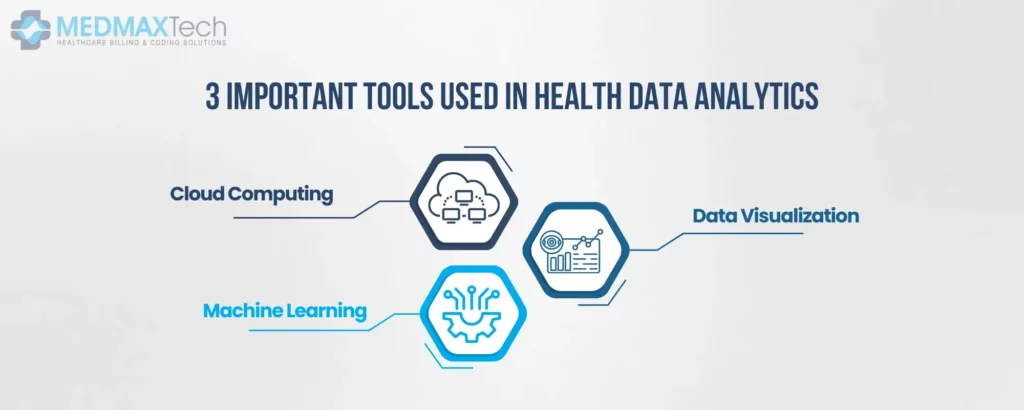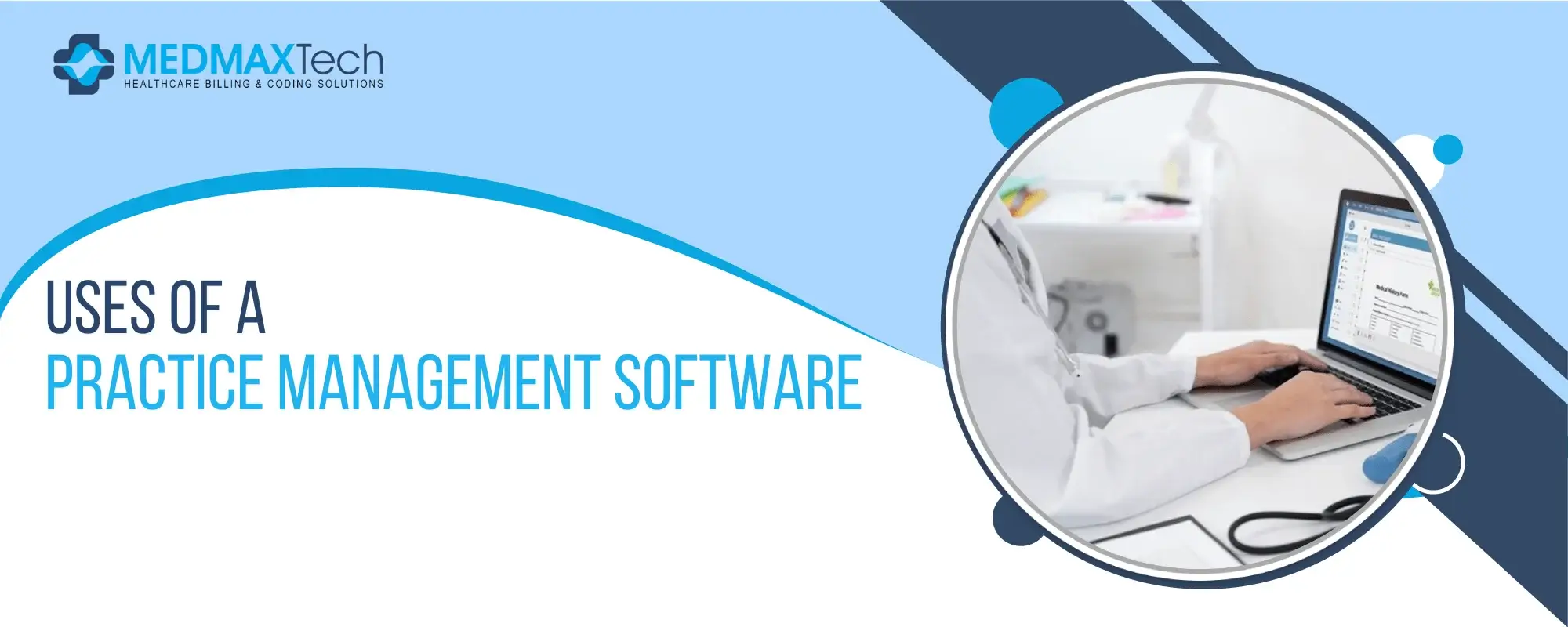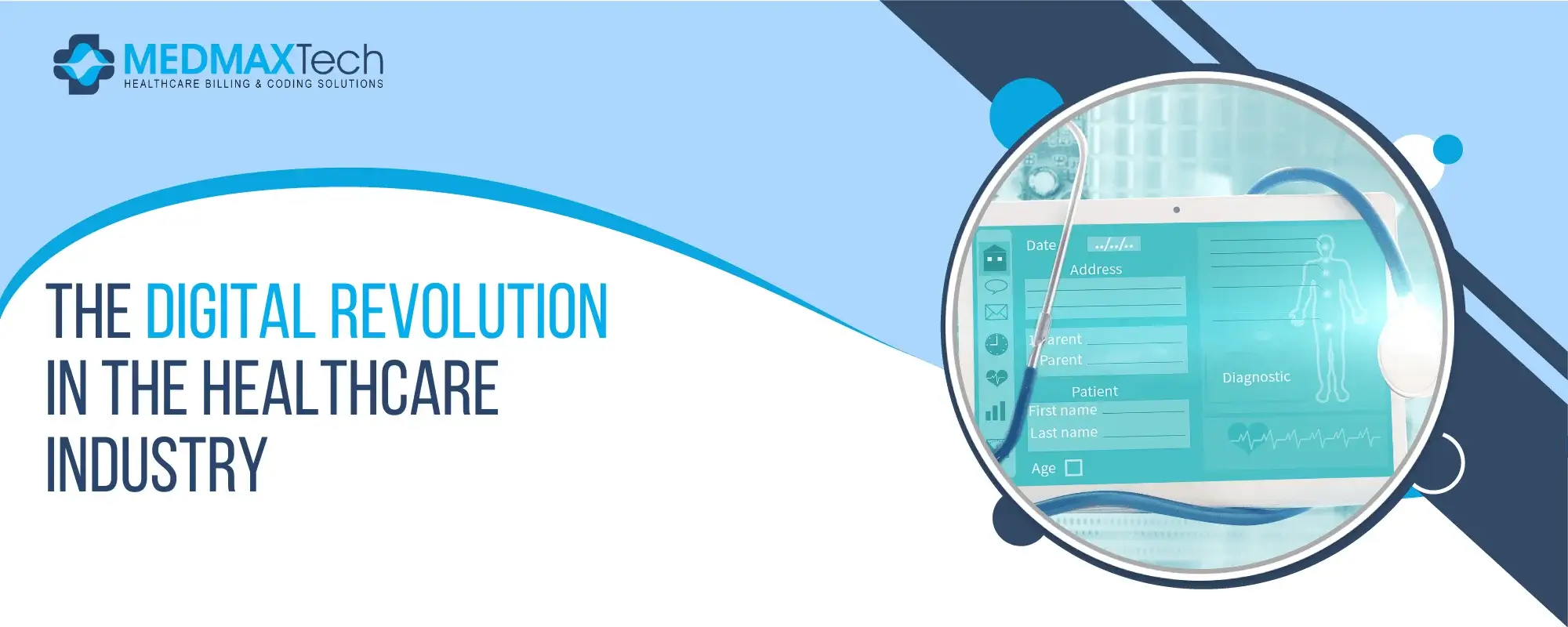
What Is Health Data Analytics – A Brief Guide
Health data Analytics is changing the manner we discover and deal with diseases. The purpose now’s to understand as much as possible about a patient and avoid fitness-associated headaches as early as possible. Health Data Analytics is the system of performing numerous analytical operations on historical and modern information to expect and discover traits and styles, get actionable insights and control the spread of diseases.
Introduction To Health Data Analytics
The basis of Health Data Analytics is robust Data Analysis. Data Analysis refers to acting on a dataset to get insights and use them to enhance an employer’s decision-making system. Health Data Analytics is essentially the analysis of information and the use of specific strategies to find patterns and trends and use these facts to take actionable steps and guide the decision-making system. The most important use case of Healthcare Analytics is dealing with and controlling the spread of diseases.
As with some other areas in which Data Analytics is applied, Data Visualization can also be used by assigned specialists within the Healthcare sector to deep dive into information and represent the information in specific codecs so that it becomes easy to research. The analysis of this information can be based on patient care efforts, positive/negative comments, or different real-time facts that can assist decision-making.
Applications Of Health Data Analytics
Imagine a scenario, a patient in a selected Healthcare employer is identified with an optimistic illness in a subconscious state. The patient is especially an ulcer patient (because of this, there are limitations to the medicine that the doctors can prescribe). A professional looks up the patient’s facts and sees all allergies and previous complications, whether or not hereditary or underlying.
The expert now has a filtered review of the patient to work with. Quickly, the expert knows the available valid prescriptions and a way to take care of the situation while not having to invite any query which may waste precious time, all with a computer system that handles a patient’s fitness facts and the usage of Data Analytics. Implementing a Health Data Analytics Suite can assist Healthcare carriers in leveraging information for insights in numerous fields of operations. Some of them are as follows
1. Disease Control
Data Analytics may be used in Healthcare with inside the control diseases in specific forms (hereditary, contagious, and so forth) by recognizing potential troubles in patients beforehand. Genetic facts and historical styles may be analyzed to attract insights and discover the problems each time. Data Analytics may be used to expand intelligent devices to research patient behaviors early and expect possible results based on the information.
2. Tracking Individual Performances
The comments from patients using an employer’s Healthcare Service can function as information. This information e.g., experience with their practitioners can decide whether or not their practitioners want extra training to ensure patient protection and enhance their provider overall. Those could be tedious without data analytics to bridge the space among trials and mistakes and robust evaluation.
3. Track The Health Of A Population
Health Data Analytics may be used to discover and expect traits of an optimistic illness. The information collected can predict future outbreaks and adequately assist hospitals, schools, offices, and so forth. Health Data Analytics is used to prevent the abuse of positive medicines and drugs. Data Analytics may be used to research potential hazard elements causing the deaths and to determine if someone is at risk.
4. Diagnosis And Treatment
Research has proven that patient cycles of Diagnosis and Treatment frequently vary extensively from standardized medical pathways. The evaluation of those deviations should cause a similar development withinside the high-satisfactory of care, the promotion of patient protection, growth in patient satisfaction, and optimization of the application. Understanding the routing conduct and deviations are made viable by the expanded availability of reliable information from hospital facts systems.
3 Important Tools Used In Health Data Analytics
Numerous domain names of technology can be concerned in Health Data Analytics. Some of them are noted below:
1. Cloud Computing
Healthcare structures take care of a variety of information. The storage and processing of that information efficiently rely on the IT infrastructure. Cloud computing removes the value of investing in On-Premise infrastructure and deployments.
Although On-Premise databases provide extraordinarily control, Healthcare corporations are continuously seeking out scalable alternatives. Examples of Cloud Computing equipment are Data Warehouses. Data Warehouses let you get information from specific sources and perform real-time evaluations.
2. Data Visualization
Data Visualization is the visible illustration of the facts and information. Data visualization equipment is used to create Charts, Tables and carry out an exploratory evaluation of datasets. It is likewise gaining ground in Health Data Analytics. There is specific Data Visualization equipment with particular pricing plans and capabilities.
3. Machine Learning
Healthcare consists of information of numerous types, including Clinical information, Omics information, and Sensor information. Clinical information consists of digital clinical facts that shop the facts of patients collected at some stage in treatment.
Omics information is one of the high-degree information that consists of genome, transcriptome, and proteome information types. Sensor information is accumulated from numerous transportable and wireless sensor gadgets within the Healthcare Industry.
Manipulating this essential information could be very hard, and that is why Machine Learning proves to be a massive tool. Machine gaining knowledge makes use of numerous statistical strategies and superior algorithms to expect fitness information results with more precision. Machine gaining knowledge uses multiple algorithms, including Supervised Learning, Unsupervised Learning, Decision Tree algorithm, and lots of extra for evaluation.










